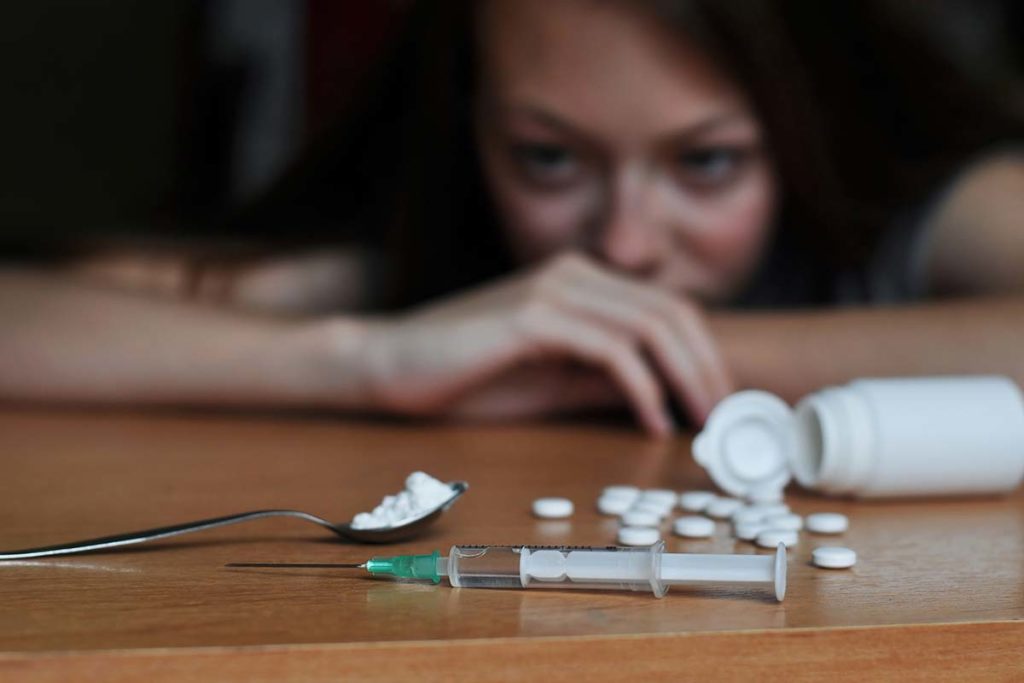Drugs, alcohol, and even behaviors can cause psychological dependence. Psychological dependence requires treatment because of the way your brain’s pleasure and reward center changes during addiction. It is very difficult to recover from psychological dependence without help. If you are struggling with a substance abuse disorder, addiction, or drinking problem, you are far from alone. Nearly 20 million Americans ages 12 and older struggled with a substance abuse disorder in 2017, with less than half receiving treatment. Drugs and alcohol are neurotransmitter inhibitors. They cause your brain to release an overwhelming rush of pleasurable neurotransmitters like GABA, serotonin, and dopamine. Also, substances like opiates and alcohol can lead to physical dependence. As such, you can combat intense withdrawal symptoms whenever you immediately stop using.
How Addiction Works
Addiction causes you to abuse drugs or alcohol compulsively. Also, you’ll engage in certain behaviors despite wanting to stop. Sometimes even if you experience negative consequences as a result of your addiction, you can’t stop. Thus you continue abusing substances even if you damage your relationships, lose your job, or face legal problems. Addiction isn’t an indication of weak willpower. When you develop a physical or psychological dependence, your brain chemistry changes. Drugs, alcohol, and gambling cause your brain to release pleasurable neurotransmitters. You then associate your substance or behavior of choice with pleasure. Your brain eventually becomes unable to release neurotransmitters on its own. It only releases them when you use or engage in your addictive behavior. Eventually, this results in a major neurotransmitter imbalance. Your brain also associates triggers, which are people, places, or things that remind you of your substance of choice, with pleasure. When you are exposed to triggers, you experience intense cravings, which can make it hard to quit using. Addiction can also cause:
- Medical and mental health disorders
- Liver, heart, and lung damage
- Lower quality of life
- Financial and employment issues
- Housing instability
- Increased interpersonal conflict
What is a Psychological Dependence and How is it Treated?
Psychological dependence can involve a psychoactive substance or negative behavior, such as:
- Gambling
- Sex
- Shopping
- Cocaine and crack cocaine
- Marijuana
Psychological dependence can make it extremely difficult to recover without treatment. Therapies offered to treat a psychological dependence, like cognitive and dialectical behavioral therapy, help you learn how to identify and change negative thinking patterns, emotions, and behaviors. Since triggers increase your cravings and lead to relapse. Thus, treatment focuses on providing you with the healthy coping skills you need to remain clean and sober. Another benefit of treatment is that you can learn how to improve your problem-solving and communication skills.
Exploring Your Treatment Options
If you or a loved one is struggling with psychological dependence, you can feel frustrated, confused, and hopeless. Psychological dependence can make your life unmanageable and make it difficult to maintain healthy relationships. Finding treatment is the first step in learning how to recover so you can live a safe, healthy, and happy life. Call us today at 844.875.5609 to find out more about our programs and your treatment options.

